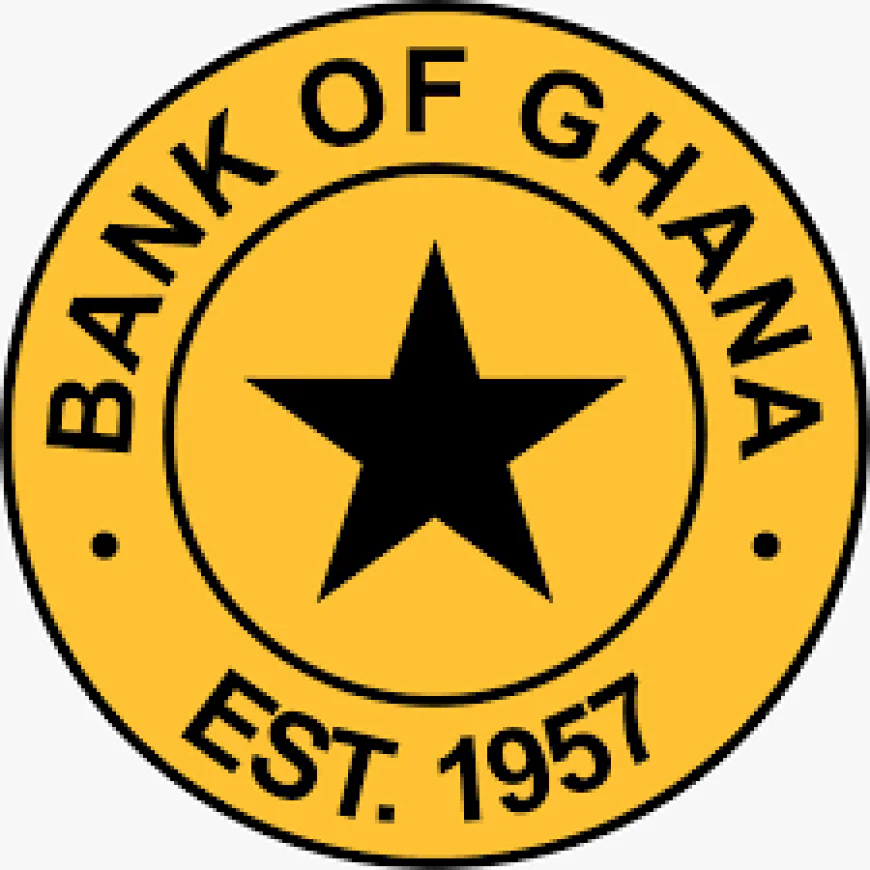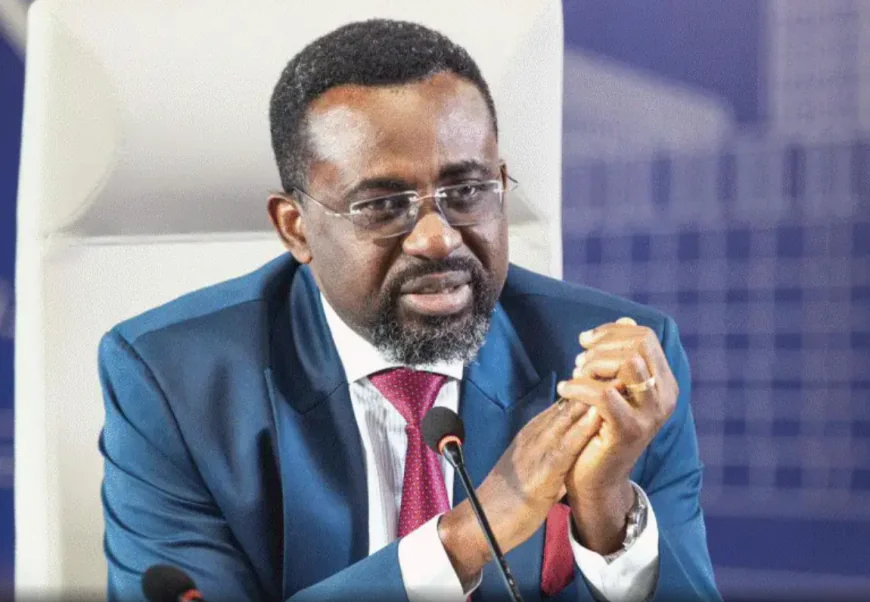BoG 2024 Report Highlights Growth in HR Capacity, Financial Soundness, & Inclusivity Initiatives
Governor Dr Asiama Announces Improved Banking Sector Resilience Amid Ongoing Credit Risk Concerns

The 2024 Annual Report and Financial Statement of the Bank of Ghana (BoG) has shed light on key developments in human resource capacity building, the financial stability of the banking sector, and initiatives aimed at promoting financial inclusion.
■ Strengthening Human Resources: A Strategic Focus
In a bid to enhance its internal human capital, the Bank of Ghana updated its Handbook on Human Resources (HR) Policies, ensuring they remain effective and relevant in a fast-evolving financial landscape. The central bank also continued its implementation of the Human Capital Support Project to boost staff competence and operational effectiveness.
Furthermore, the bank upgraded its Performance Management System (ePMS), incorporating automated staff job descriptions and competency profiles to streamline HR functions. This was complemented by the introduction of an Employee Appreciation Day to recognise staff efforts and foster a positive organisational culture.
The BoG’s staff population saw a 6% increase, rising from 2,233 at the end of 2023 to 2,368 by the close of 2024. During the year, 201 new staff members were recruited, and 64 employees exited the service, resulting in a net intake of 137.
■ Financial Stability and Growth in the Banking Sector

In his foreword to the report, Dr. Johnson Asiama, the Governor of the Bank of Ghana, noted significant improvements in the performance of Ghana’s banking sector, which benefitted from strong asset growth. The Capital Adequacy Ratio stood at 14%, comfortably above the prudent minimum of 10%, reflecting a strong financial position across the industry.
However, despite these gains, credit risk remained a concern, with non-performing loan ratios seeing an uptick. In response, the BoG maintained rigorous credit risk management and underwriting standards for regulated institutions. Dr Asiama acknowledged that while the sector's financial soundness indicators were positive, sustained reforms would be essential to fortify its resilience in the long term.
“Looking ahead, we will continue to enforce reforms to strengthen the resilience of the banking sector,” said Dr Asiama.
■ Advancing Financial Inclusion and Consumer Protection
The Bank of Ghana took significant steps in promoting financial inclusion and protecting consumer rights throughout 2024. Notably, the Bank expanded digital wallets and mobile money services, ensuring that underserved segments of the population had access to modern financial tools. The efficiency and security of payment channels were also enhanced to bridge the gap between traditional financial services and unbanked communities.
In a groundbreaking move, the Bank issued the Persons with Disabilities Directive, ensuring that individuals in this demographic have equal access to banking services, free from discrimination or barriers.
Dr Asiama emphasised that these initiatives align with the Bank’s overarching goal of creating a more inclusive and equitable financial environment for all Ghanaians, ensuring no one is left behind in the financial ecosystem.
■ A Glimpse Ahead
The 2024 Annual Report highlights not only the Bank of Ghana’s operational successes but also its commitment to financial inclusion, sectoral stability, and the continuous growth of human resources. Looking forward, Dr Asiama underscored the importance of further sector reforms to build a resilient financial infrastructure that can withstand future challenges.
The report signals a positive outlook for the banking sector, with an emphasis on sustainable growth, inclusivity, and ethical banking practices.


